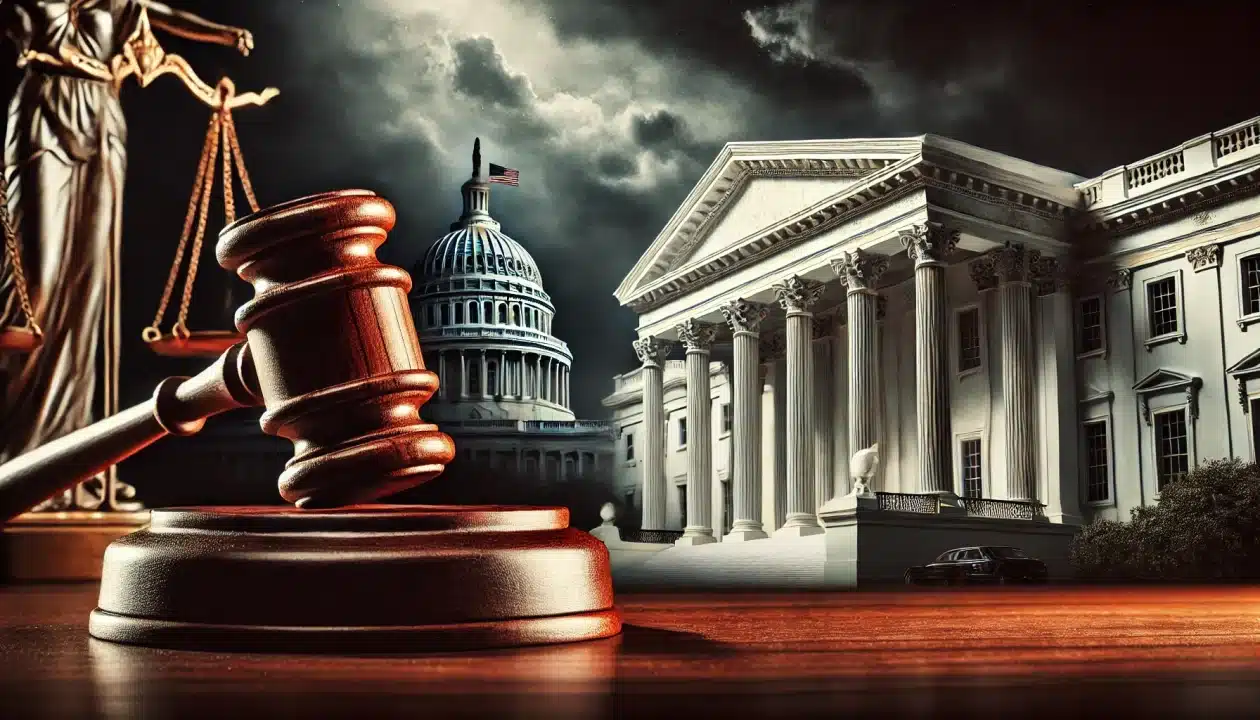
A federal judge has ruled that billionaire Elon Musk likely violated the U.S. Constitution in his role with the Department of Government Efficiency by attempting to dismantle the U.S. Agency for International Development (USAID). The ruling, issued Tuesday by Judge Theodore D. Chuang of the U.S. District Court in Maryland, places an indefinite block on further efforts to terminate USAID operations.
Key Findings from the Ruling
The judge determined that Musk’s actions exceeded his executive authority and that DOGE’s attempts to shut down USAID were unconstitutional. The ruling imposes several restrictions on DOGE, including:
- Preventing further termination of USAID contracts and grants
- Barring additional employee layoffs or furloughs
- Restricting DOGE from sharing USAID’s sensitive personal data
Chuang’s decision represents one of the first major legal limitations on Musk’s government role under the Trump administration and could set a precedent for future legal challenges against the White House’s aggressive federal spending cuts.
Musk and Trump Respond
The White House swiftly condemned the decision, with spokesperson Anna Kelly stating that “rogue judges” were attempting to subvert the administration’s agenda. President Donald Trump also vowed to appeal the ruling, calling it an “outrageous decision” in a Fox News interview.
“We’ll be appealing it—I guarantee you we will be appealing it,” Trump stated.
Musk’s Role in USAID Shutdown
Judge Chuang’s ruling focused heavily on Musk’s influence over DOGE, pointing to multiple instances where the Tesla and SpaceX CEO publicly took credit for shutting down USAID. These included:
- Statements in interviews and press conferences
- Social media posts on X (formerly Twitter) where Musk claimed he was “deleting entire agencies”
- Emails from DOGE staffers directing USAID layoffs
Chuang’s ruling further stated that Musk had exercised de facto leadership over the agency without Senate confirmation, violating the Constitution’s appointments clause.
Legal & Political Ramifications
This case could shape future court rulings on executive power and Musk’s controversial role within the government. Norm Eisen, executive chair of the State Democracy Defenders Fund, hailed the ruling as a victory, stating:
“They are performing surgery with a chainsaw instead of a scalpel, harming not just the people USAID serves but the majority of Americans who count on the stability of our government.”
Meanwhile, critics argue that the ruling is unlikely to have long-term effects, as most of USAID’s workforce and contracts have already been dismantled. Secretary of State Marco Rubio, who oversees foreign aid, has indicated that the State Department will assume control over USAID’s remaining programs.
The court has ordered DOGE to reinstate USAID’s email access and develop a plan to restore displaced workers. However, the agency’s future remains uncertain, as Trump and Musk continue their push to streamline government spending.
What’s Next?
The Trump administration’s appeal is expected to move quickly through the courts, and further legal battles over Musk’s authority in the federal government are likely.
For now, the ruling serves as a critical legal test of Musk’s government role—and a potential turning point in how courts address executive power in the second Trump administration.
